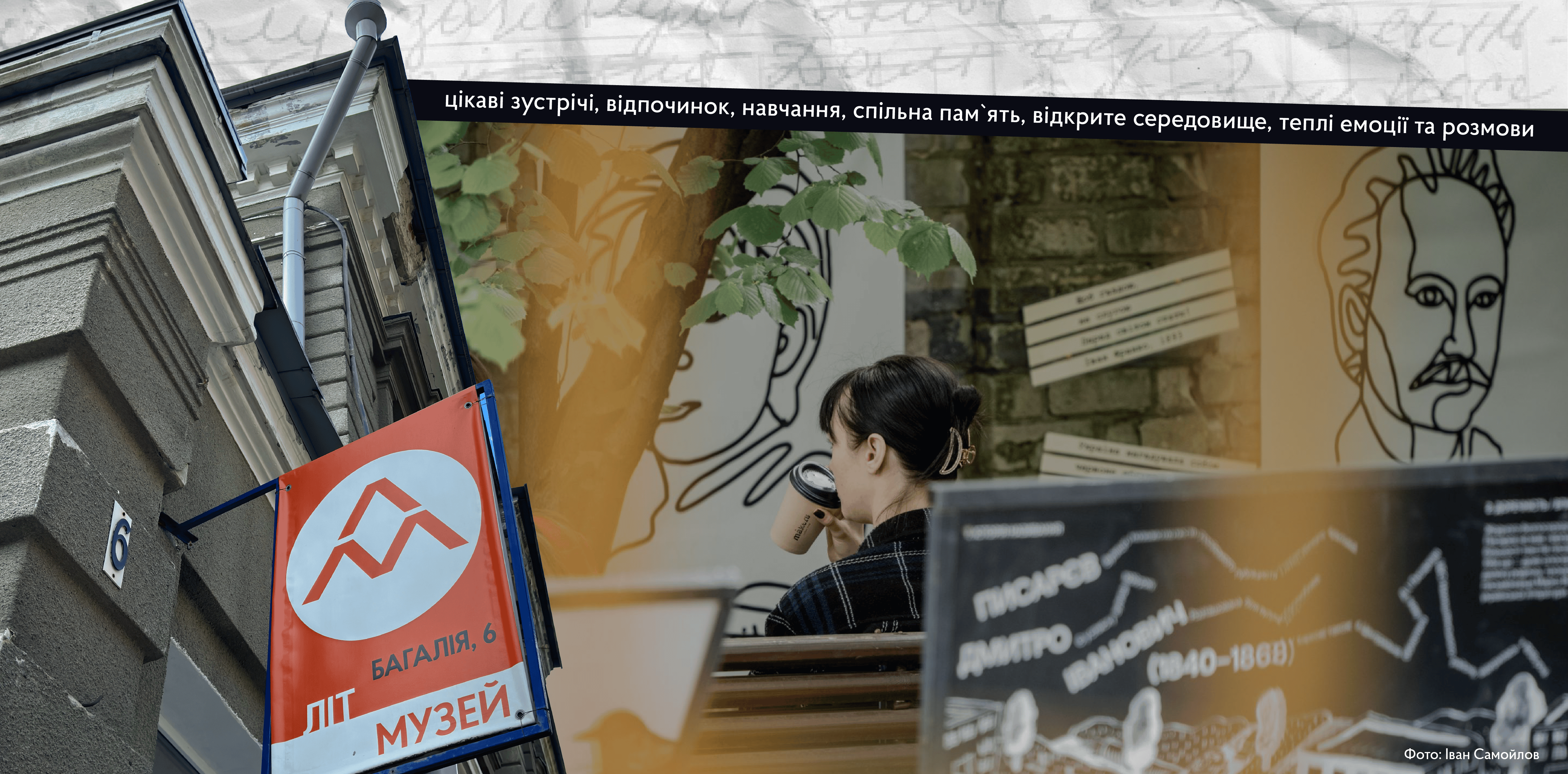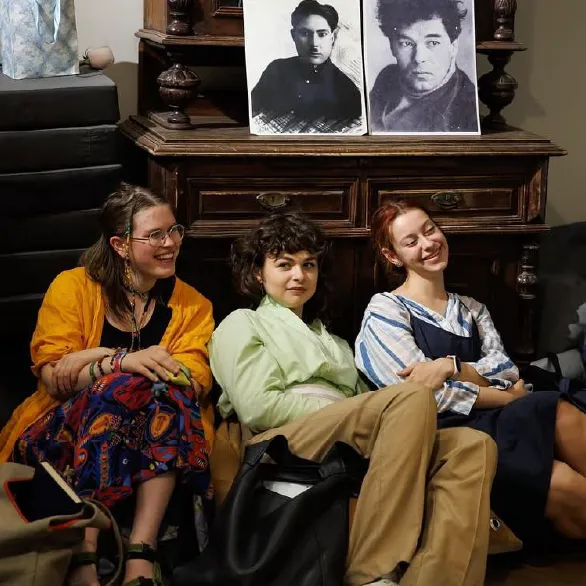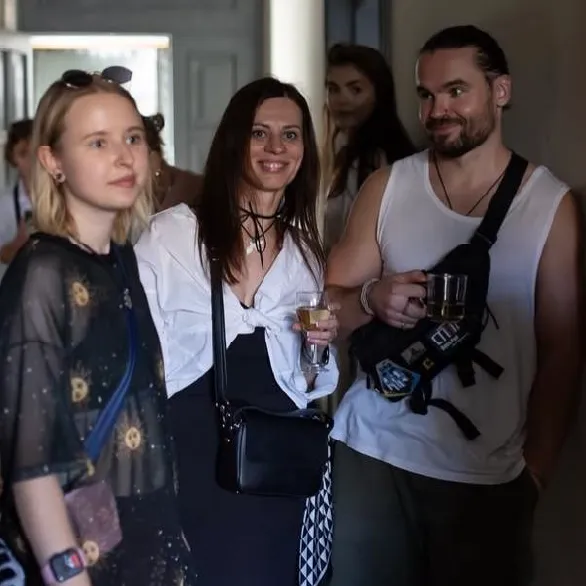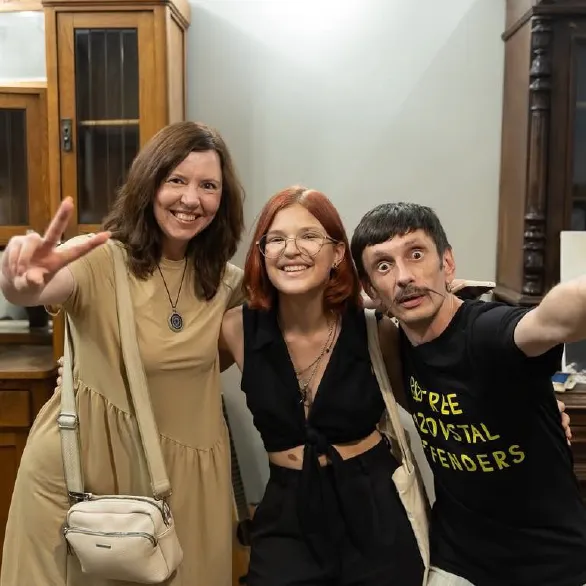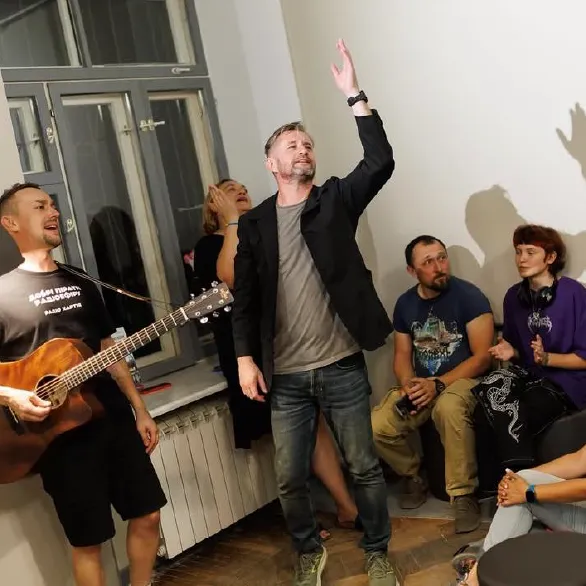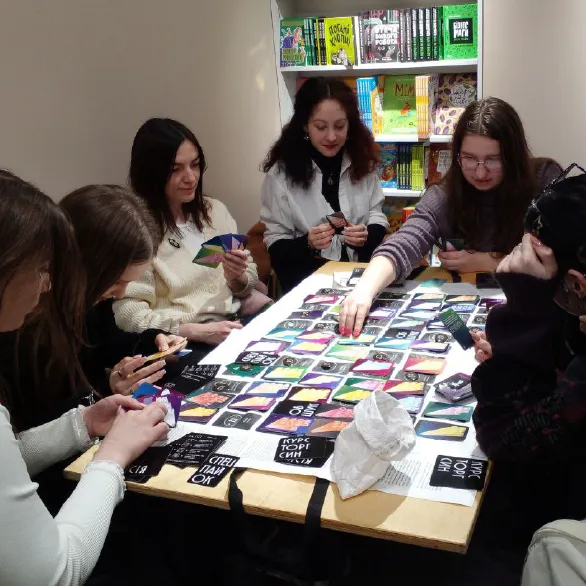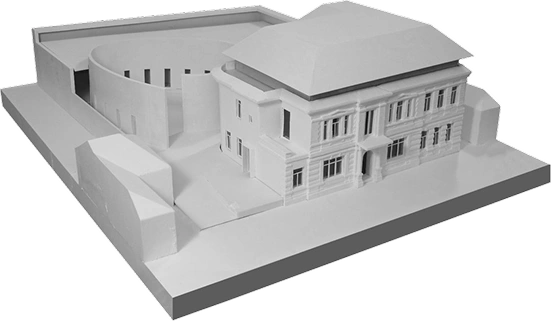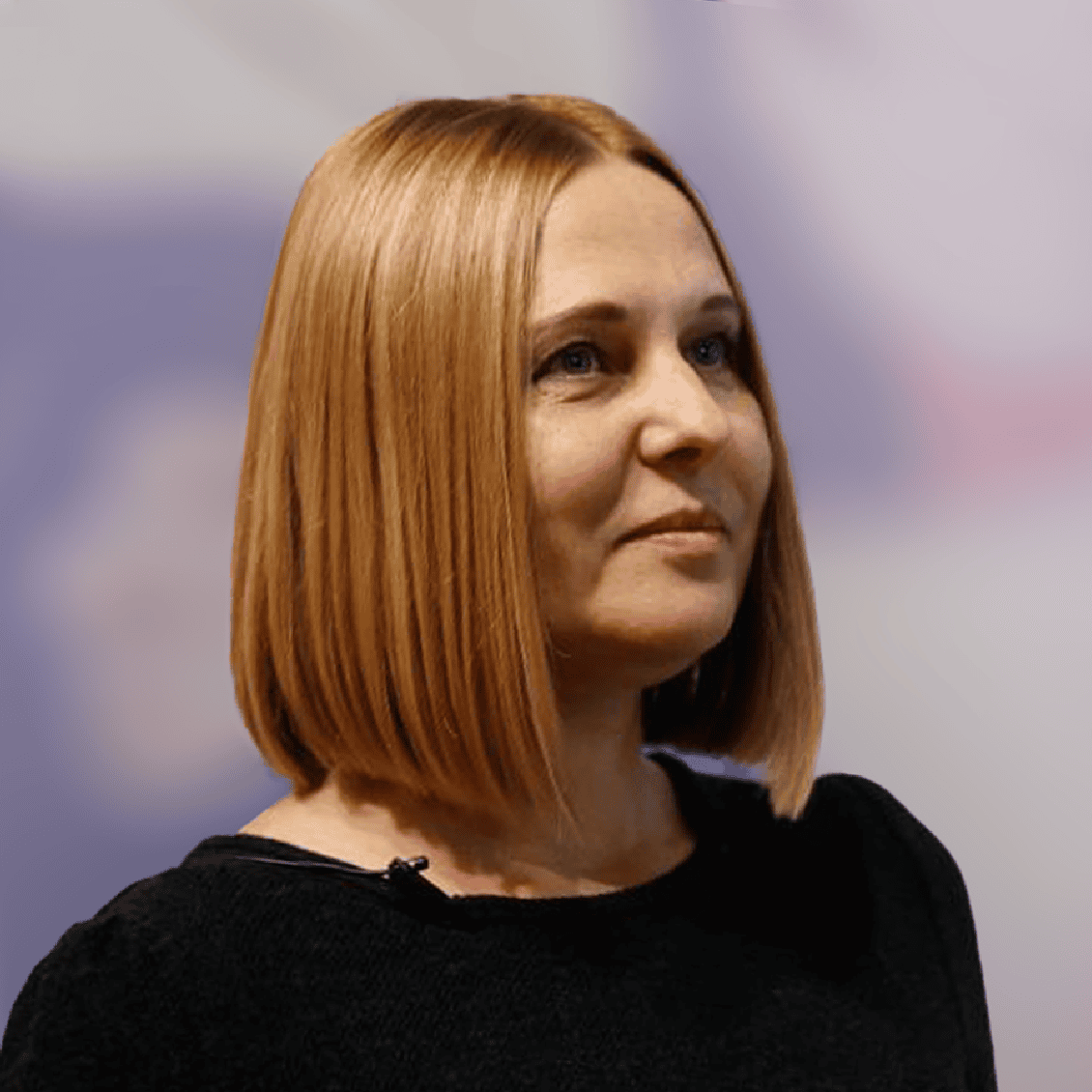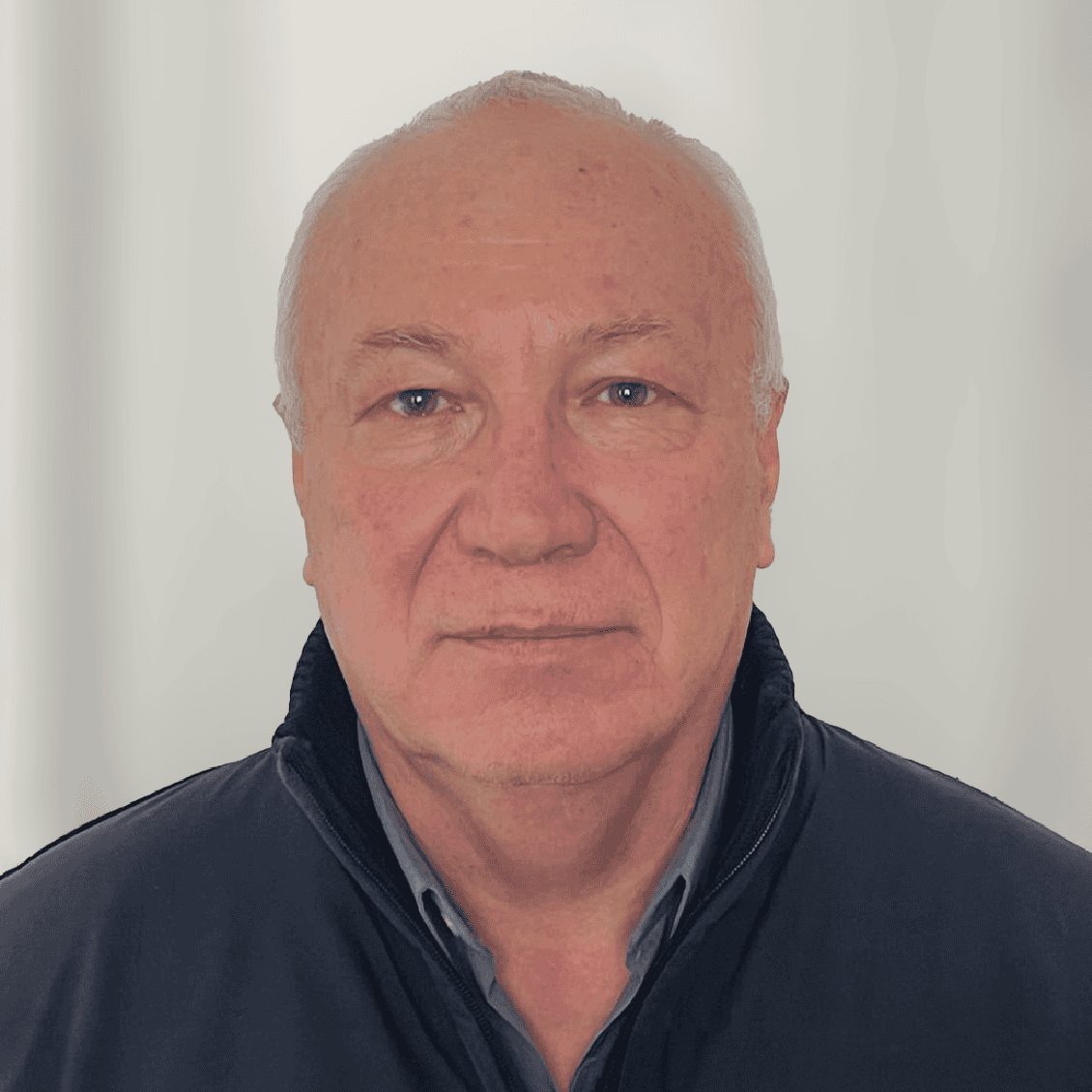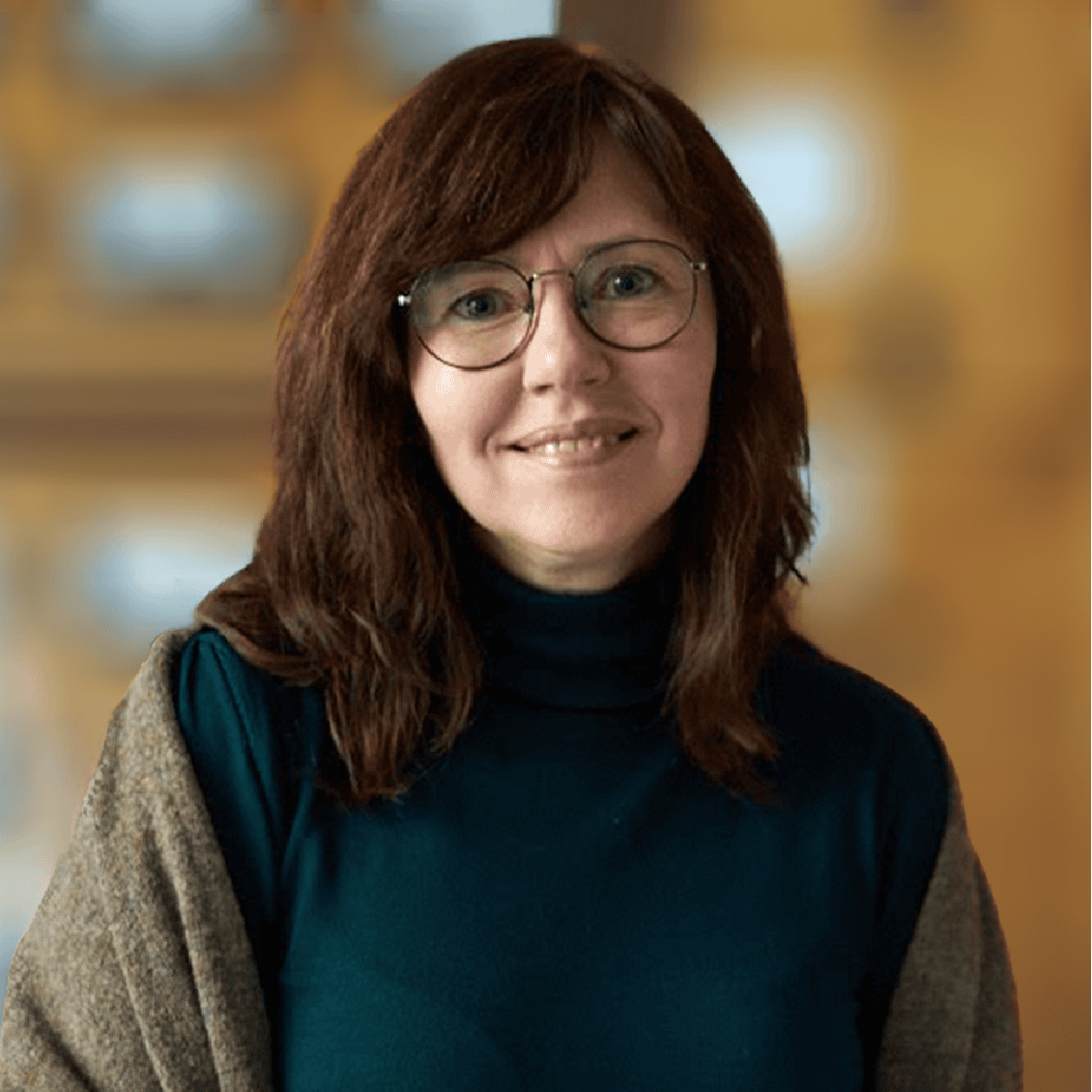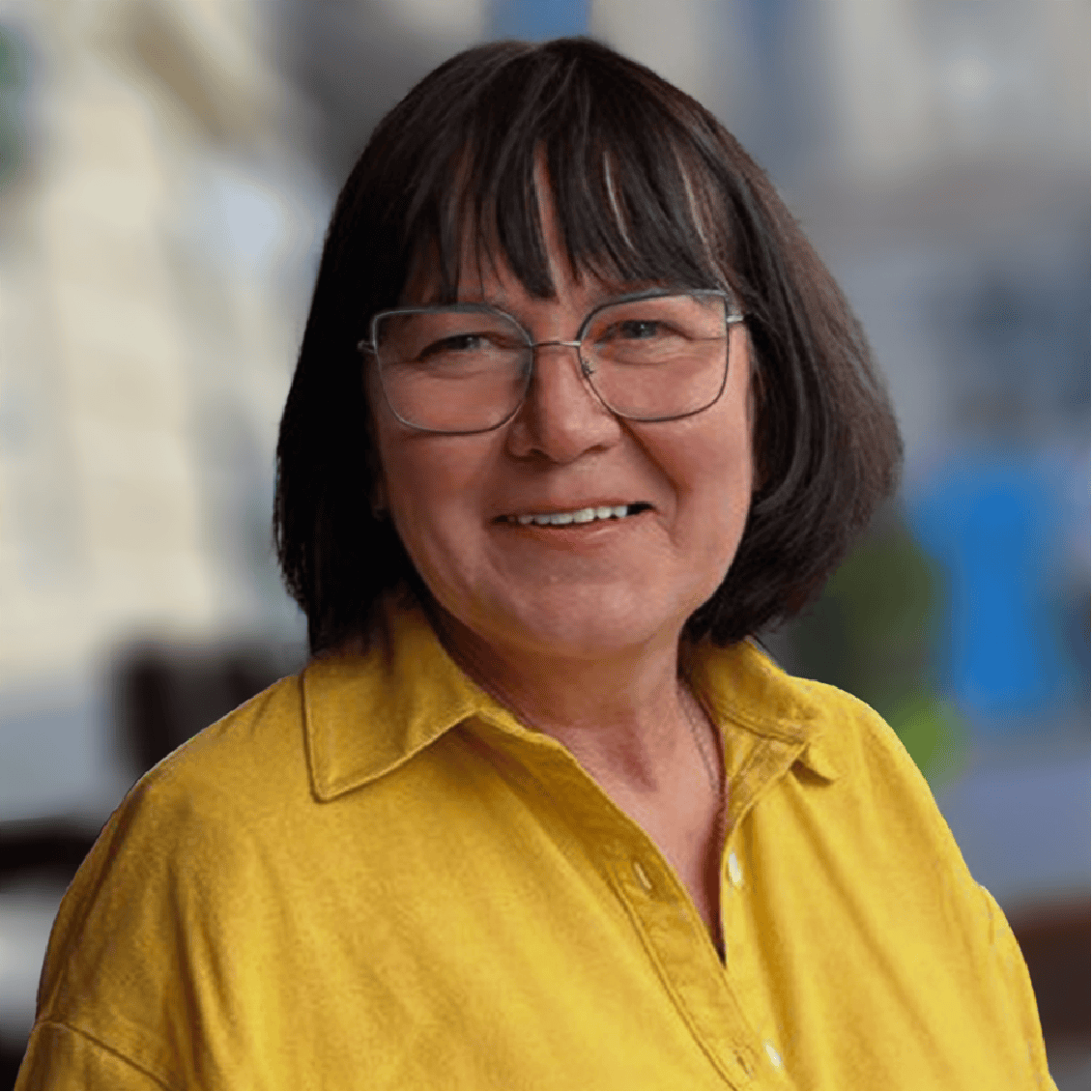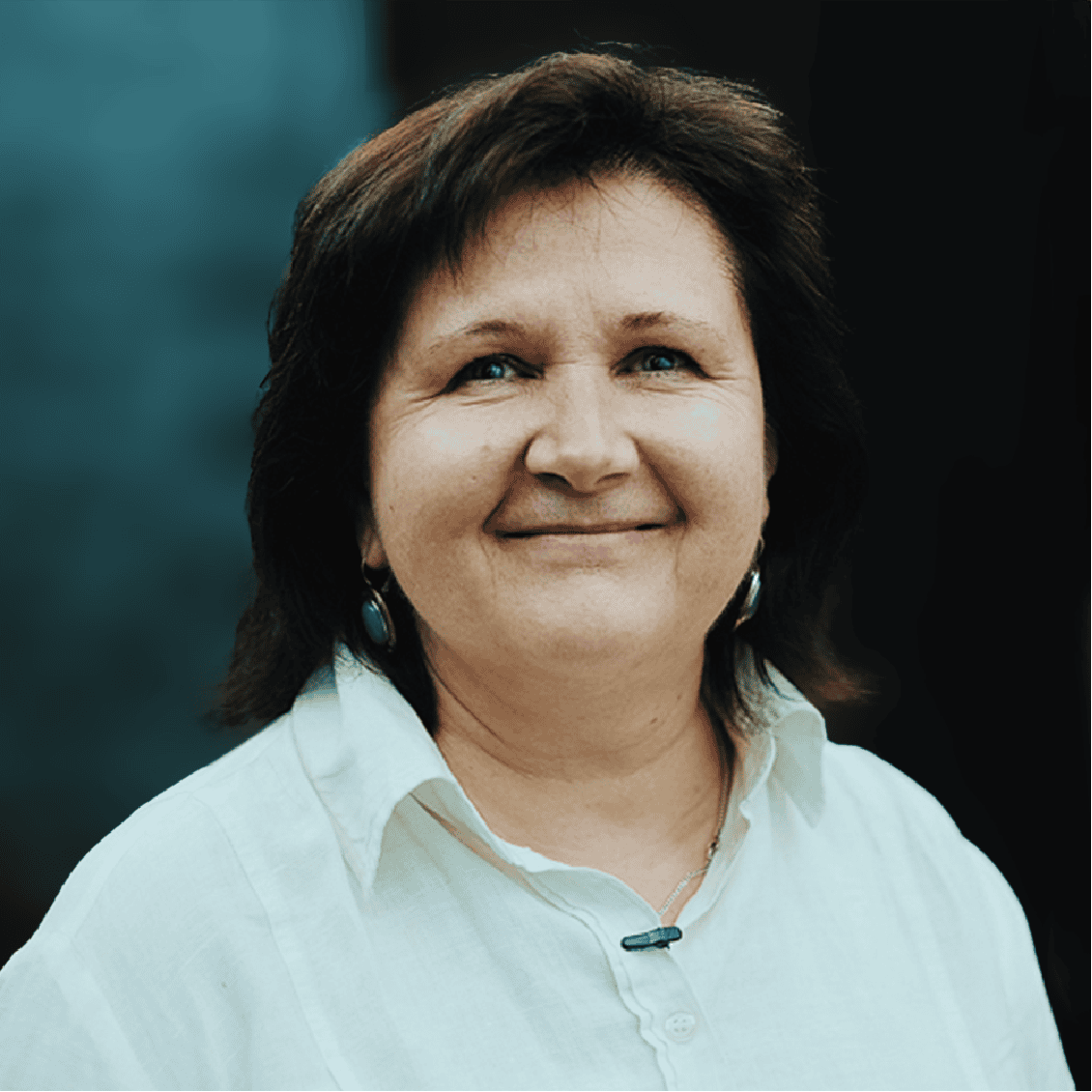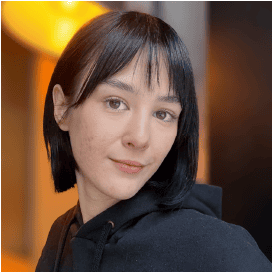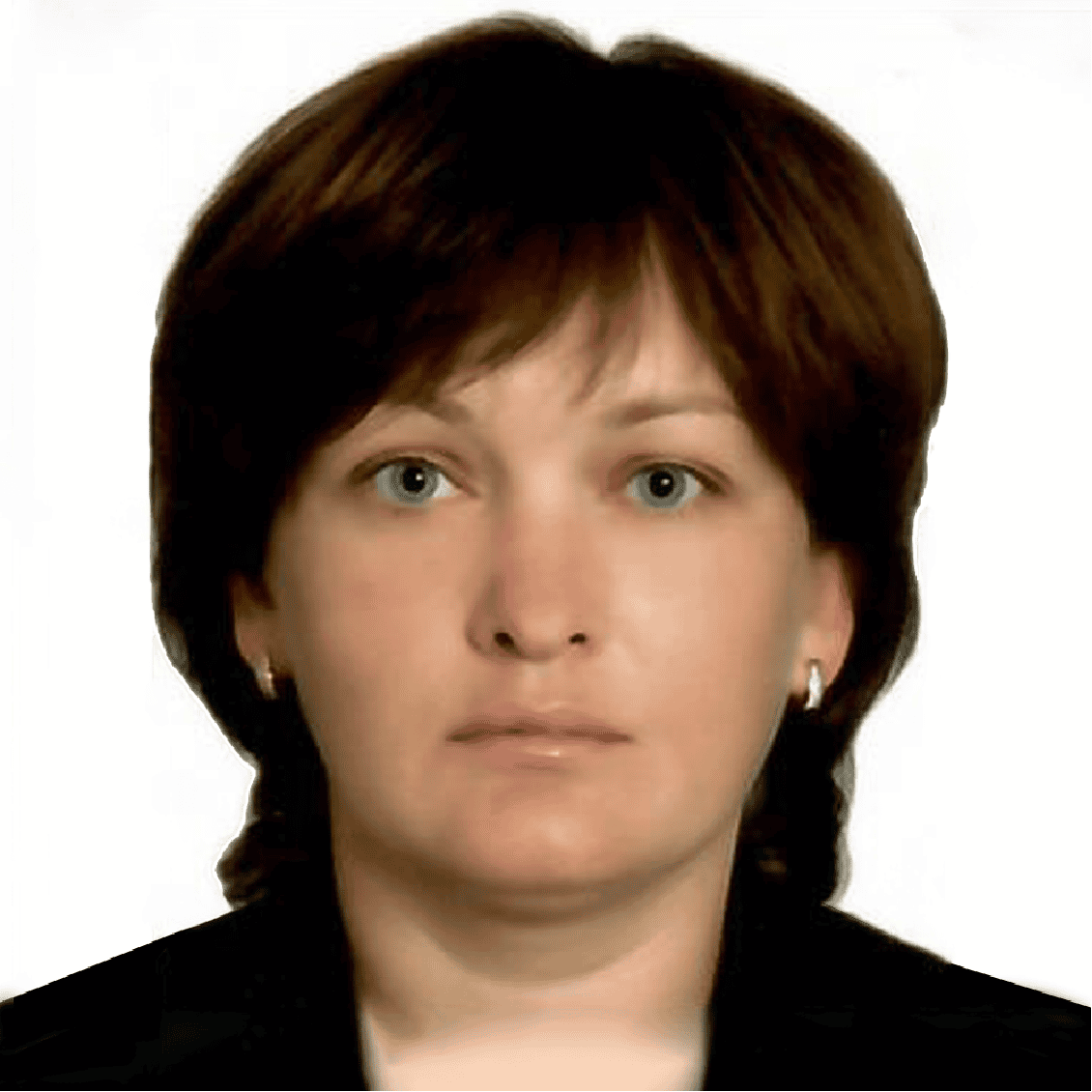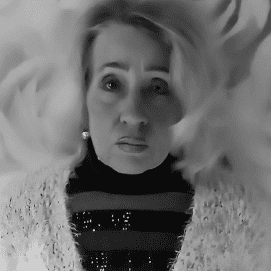Kharkiv Literary Museum collects literary materials from the Slobozhanshchyna region in the north-east of Ukraine. We often confront stereotypes that reading isn’t trendy, Ukrainian literature is all doom and gloom, and museums cannot offer a thing to their visitors. If you hold this biased perspective, a museum of Ukrainian literature is a triple challenge for those who dare to enter it. Literature museums are often approached to commemorate anniversaries of writers’ deaths, so we sometimes joke that we might be an “event agency for celebrating the jubilees of dead writers.”
Stereotypes aside, our museum is a place for fascinating encounters and conversations, entertainment and learning; it is a unique, open and creative space; it is about our shared memory that tells more about us than about our past; it is about celebrating the texts of our culture; here you can learn to embrace the experiences that came before us and to create new meanings based on them; it offers us an opportunity to integrate our personal lives into a larger story. We want our visitors to see the museum as a place that they come home to rather than visit as guests. We want it to become a space of your own that is safe in every meaning of the word.
The museum was established by activists with anti-Soviet views in the last years of the USSR. Therefore, it has never been an instrument of propaganda: it has always been the Ukrainian voice of Kharkiv, sensitive to social issues. The museum never shies away from tectonic social shifts and isn’t afraid to stand up to the authorities or mainstream opinions in order to preserve the memories and experiences enshrined in museum artifacts. The most treasured part of our collection are the literary materials of our region that didn’t pass Soviet censorship and only miraculously survived as physical objects and crucial testimonies.
